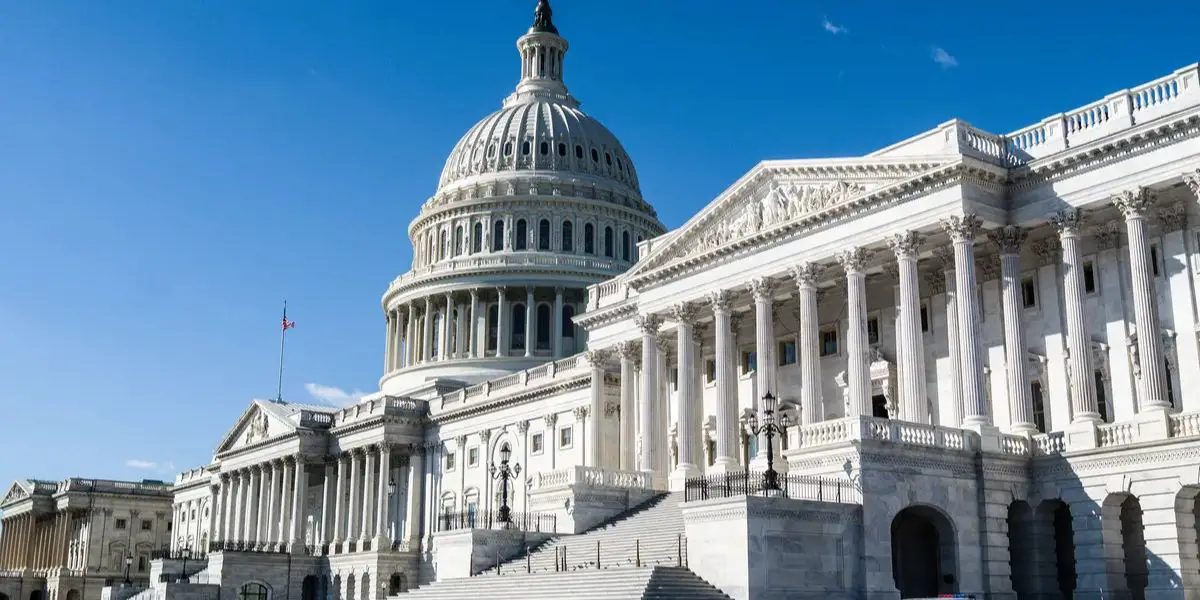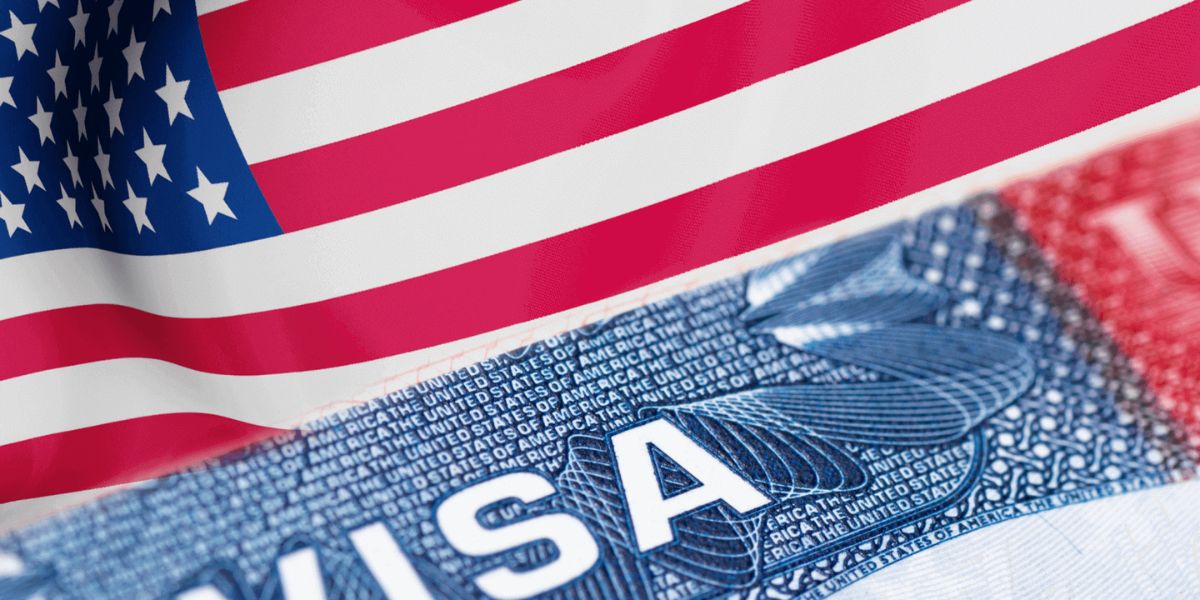MJP –
Many California business owners are shocked by payroll tax increases incurred by the state’s $55 billion COVID-19 pandemic-era unemployment and payroll benefits fraud – which is more than NASA’s annual budget – incurred from automatically approving applications.
States that do not pay off unemployment benefit loans from the federal government, as California and a handful of other states have done since the pandemic, automatically are subject to rapidly increasing federal payroll tax increases until the debt is paid off.
Chef Andrew Gruel, who owns and runs Calico Fish House in Huntington Beach, took to X to explain his recent experience paying his workers in a post that has since garnered over 16 million views.
“We just ran payroll. The payroll taxes were 2K higher than calculated. We called the payroll company,” said Gruel. “They explained (in summary) that California has a budget shortfall, and the federal government wants money back that it lent California for UI that it ‘lost.’ They are making up for it by having business owners pay it.”

While the state was responsible for the management of lockdown-era unemployment benefits, business owners are footing the bill.
“California gave out billions in unemployment during COVID, much of which was fraudulent,” said Assemblyman Bill Essayli, R-Corona, on X in response to Gruel. “Now businesses are left to pick up the tab. Newsom could have paid off the deficit, but he elected to give out $5 billion in healthcare coverage to illegal immigrants instead.
Confirmed! Tennessee Declares New Tax Status: State Income Tax Eliminated for Good
Oklahoma Gov. Kevin Stitt used the opportunity to encourage businesses to abandon California and its taxes and seek lower taxes elsewhere.
“Crazy…payroll tax hikes to cover up government spending in California,” said Stitt on X. “Oklahoma is open for business. Come to a state where you’re not on the hook for the state’s financial mismanagement.
The California Budget and Policy Center, a left-of-center think tank, said in an October report that the state does not raise enough money to pay for current unemployment benefits, let alone pay down the $21 billion in unemployment benefit debt to the federal government.
“Even today, with a relatively low unemployment rate hovering around 5%, California does not raise enough revenue to pay for current UI benefits, much less pay down its trust fund debt,” said the CBPC. “In addition to regular SUTA taxes, California employers are paying a 15% tax surcharge to pay back the trust fund loan, but this additional revenue is still not sufficient to reduce the principal.”
Tax Hacks You Need: 12 Expert Tips to Potentially Save $5,000 on Your Income Tax
CBPC also said that the state’s debt to the federal government is so high that the principal owed is continuing to grow.
“The state Employment Development Department projects that at the current rate of repayment, the outstanding federal UI loan balance will grow to nearly $22 billion in 2025,” continued CBPC.
Earlier this year, The Center Square reviewed reports from the state’s nonpartisan Legislative Analyst’s Office on the state’s unemployment insurance debt, finding analysts expect the unemployment benefit deficits to grow in the coming years, even in a growing economy.
“The administration anticipates this imbalance will increase to about $1.6 billion annually in 2024 and 2025,” wrote the LAO. “Historically, benefit payments have only exceeded contributions during major economic downturns – most recently, during the pandemic and Great Recession.”
Victory Over Trash Tax: Successful Protest Leaves Some Residents to Self-Haul
The automatic tax increases triggered by owing borrowed unemployment benefits money to the federal government for two years or more is $21 per employee per year, or about $400 million more per year for the state.
California, New York, and the US Virgin Islands are the only jurisdictions subject to the payroll tax increases. Connecticut and Illinois had taken on debt and were subject to payroll tax increases but have since paid back their outstanding loans, while the Virgin Islands have had an outstanding balance since 2010.
The Department of Labor says that the annual federal tax will rise to $105 per California employee for 2024, up from the $42 baseline.
Starting with the third year of automatic increases, or 2025, the businesses are subject to an additional increase on top of the existing automatic hike. In the fifth year, or 2027, an even higher reduction add-on kicks on. New York has a state-specific employment tax surcharge to pay down interest, but California does not.




